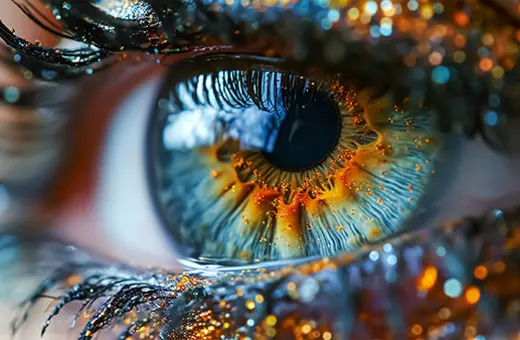Art lovers and philosophers alike tend to think there is an educational benefit to consuming quality fiction. The claim seems to be that fiction has the ability to morally educate us: to make us more understanding, more empathetic. But while fiction can give us knowledge of all sorts, there is no evidence that it can give us moral knowledge, that it can make us better humans, argues Greg Currie.
Overwhelmingly, people who have a serious interest in fiction—and I mean film, drama and television as well as literature— seem to think that fiction has an important educative role. It is certainly a widespread view in my own community of academic philosophy, Martha Nussbaum being perhaps its best known advocate. They don’t, of course, mean that all fictions provide something educative for everyone who comes into contact with them; we all agree there are fictions with no such capacity, as well as fictions which are apt to spread ignorance and error. But they think that there is a good deal of fiction around from which we can and do learn. The knowledge in question is moral knowledge: the idea is that fiction makes us better, more empathetic human beings. I don’t know whether this is true or not but I do believe there is not much evidence to support it.
When I published an essay in the New York Times a few years ago that questioned this idea the paper’s website was quickly populated with several hundred responses, mostly disagreeing; some even expressed unhappiness about the publication of such views, regarding it as giving comfort to an enemy that wants to see humanistic education downgraded. That’s part of the reason I say that the outlook I have described is widespread, even among nonphilosophers. I don’t, however, recall any of those who disagreed with me presenting any evidence for their view. Asking for evidence on this topic might seem a strange idea. Many, I think, will say that their evidence is their own experience; we know, don’t we, that we have learned from fiction. It can be difficult to say what we have learned—but then it often is difficult to put what we have learned into words. Try telling someone how to ride a bicycle, even when you know very well how to ride one.
_
People who believe passionately in the value of fiction don’t usually emphasise its capacity to teach us facts about the world; their emphasis is instead on empathy, the broadening of experience, moral growth, greater capacity for tolerance and understanding.
_
I agree that we should not look exclusively for verbal evidence, though I don’t rule it out. Still, there is such a thing as non-verbal evidence that someone can ride a bike or drive a car—ask them to get on the bike and ride it. In that kind of situation we would not be content simply to have people’s assurances that they have the relevant skill, otherwise we could dispense with driving tests. And learning a skill seems particularly relevant to the question of learning from fiction. People who believe passionately in the value of fiction don’t usually emphasise its capacity to teach us facts about the world; their emphasis is instead on empathy, the broadening of experience, moral growth, greater capacity for tolerance and understanding.





















Join the conversation